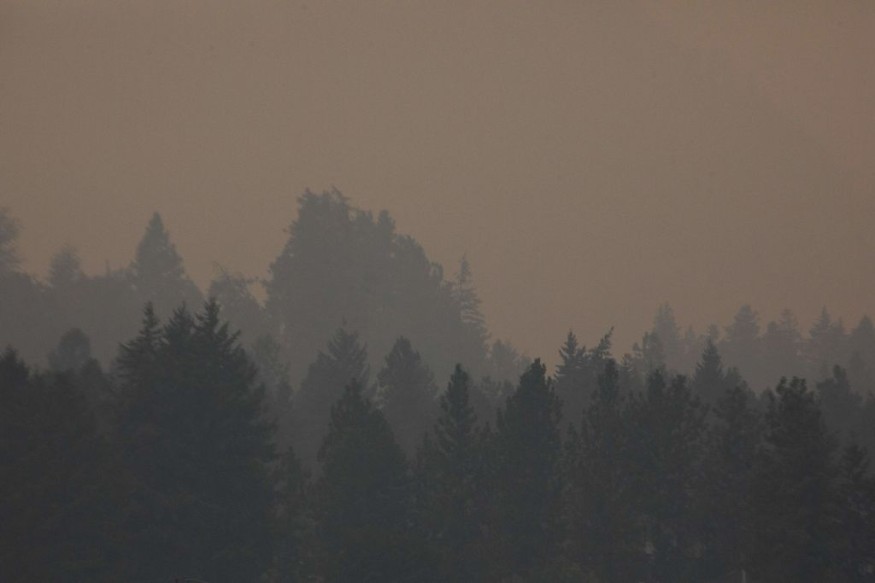
Wildfires transform Canada's vast forests from a carbon sink to a carbon emitter. This year's wildfires unleashed 2 billion tons of carbon dioxide, more than tripling the country's annual carbon impact.
The course of the country's wildfires has generated issues about how Canada can better combat the blazes and whether the issue is a global one as nations compete to limit the amount of greenhouse gases produced into the environment.
Tipping point in climate change
The data far exceeds all of the emissions tied to Canada's economy each year, which emit a total of 670 metric tons.
Even emissions from burning in the managed forests, which refers to any part of the country's hinterland that is logged or stewarded through the park system, have exceeded the total of Canada's economy, with an estimated 850 million metric tons emitted.
Given the difficulty in determining the precise extent of the area burned as fires continue to burn throughout the nation, Werner Kurz, a recently retired scientist with Natural Resources Canada, advises that the figures for both the managed forests and the national aggregate are provisional.
"It is really important that we all understand just how ecology has reached a tipping point. The impacts of climate change have effectively taken the reins out of our hands. That's a really big concern," said Kurz.
When the ultimate tally is calculated in the coming years, wildfire emissions will not be counted against Canada's Paris agreement commitments, a fact that has long frustrated climate scientists who believe considerably more carbon is released into the atmosphere than people know.
Read Also : The Climate-Wildfire Connection: Global Warming Is Making Fires More Dangerous and Unpredictable
Emission reduction
Prime Minister Justin Trudeau highlighted fresh commitments from Canada at the United Nations Secretary-General's Climate Ambition Summit to enhance ambition on emissions reduction, most notably on further decreasing methane emissions from agriculture.
The Prime Minister emphasized a pollution tax as one of the most effective measures for reducing emissions while also making life more affordable for Canadians.
"First responders on the frontlines understand that ambitious collective action to tackle climate change is now a matter of survival," he said.
He also welcomed four new participants to Canada's world Carbon Pricing Challenge, which calls on countries to impose a carbon price that covers 60% of world emissions by 2030.
This summer has been particularly severe for wildfires in Canada, with 6,369 fires scorching roughly 18 million hectares of forest, well beyond historical norms.
Over 200,000 people have been forced to abandon their homes.
The scale of the fires has also baffled experts: two of the fires have exceeded 1 million hectares in size, and the great bulk of land burned across the country can be attributed to only a few fires, all of which Kurz refers to as "indefensible" blazes due to their intensity, speed, and heat.
He also warned that as the trees burned by fire decompose, even more carbon will be emitted over the next few decades.
Kurz also said that direct emissions are really only part of the story when it comes to long-term carbon emissions.
Related Article : Carbon Dioxide Emissions From Wildfires Steadily Increasing Since 2000, Reaching a New High in 2021
Related Video:
© 2026 NatureWorldNews.com All rights reserved. Do not reproduce without permission.





